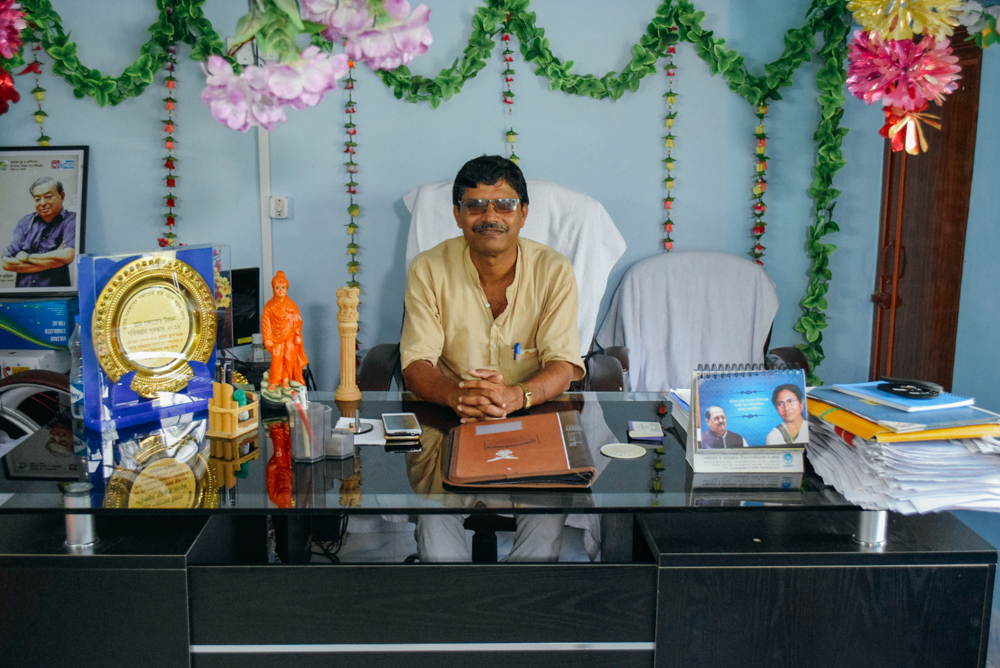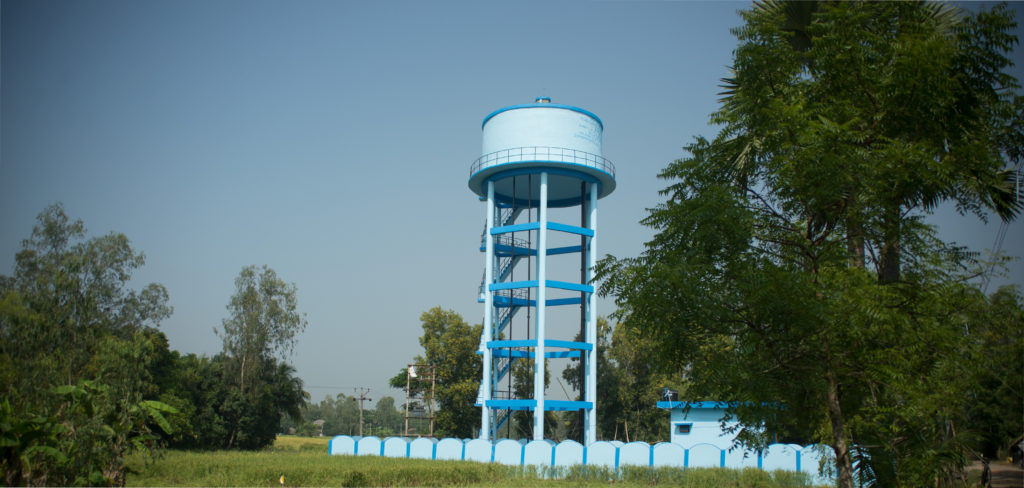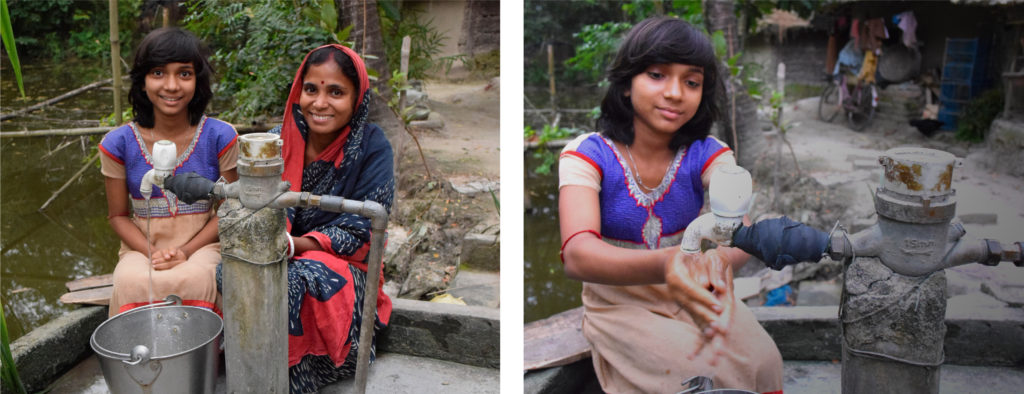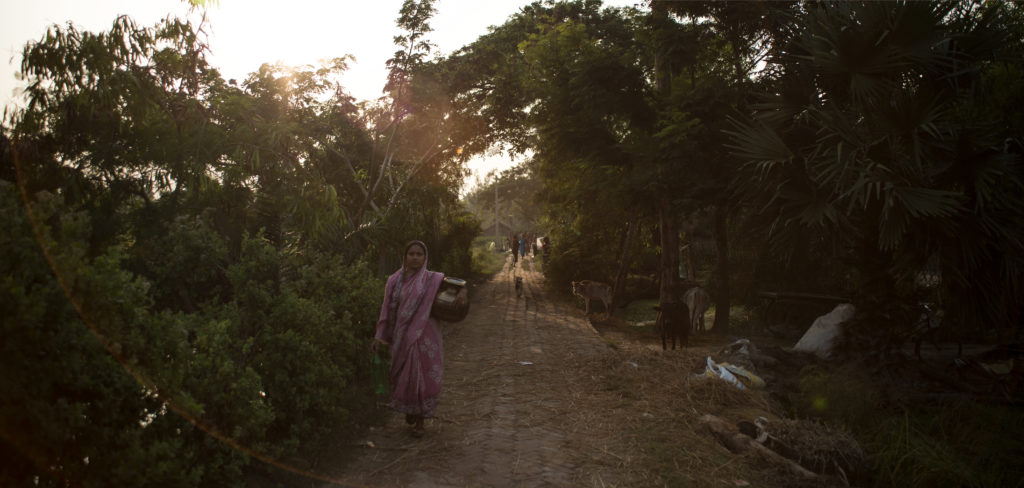The recognition of Digambarpur gram panchayat as the best in the country is the result of exemplary leadership, and the determination of the people of Digambarpur to be a part of something bigger – something extraordinary.
In 2018, the award for Best Gram Panchayat (a governed area similar to a U.S. county) recognized Digambarpur, West Bengal, out of the 250,000 gram panchayats in India for its progress in improving conditions for the more than 34,000 inhabitants.
How did Digambarpur make such extraordinary progress? Part of the answer lies with its president, 55-year-old Rabindranath Bera.
As president from 2013-2017, Bera oversaw the development in Digambarpur that has brought it into the spotlight.
As a new president, Bera quickly realized his community faced an enormous problem – water access.

"It was always my dream to do something for people," Bera shared. "My father was involved in politics and was very active in the community. He would hold unofficial meetings in our home, and I grew up listening to this public discourse. I learned from watching and listening that bringing people together was important."
The availability of clean water throughout the year was challenged by ground water depletion. During the summer, the water level goes so low in this area that the hand pumps run dry, leaving the community without safe, clean water. During the rest of the year, the pumps were rarely even fully operational.
"When the hand pump stopped functioning, it was typically 10 to 15 days before it could be repaired," Bera explained.
Bera noticed the people were reverting to using pond water, especially for domestic purposes such as cleaning and bathing. This was a health risk for the entire area, and there was no solution in sight. That all changed two years into Bera’s term.
"In 2015, when Water For People visited the village and approached me with a proposal for a household piped water supply system, I felt like my wish was granted!" he says.

This piped water supply scheme was ambitious. Not only was it a significant infrastructure development, but it focused on a metering system that would charge families for the water they used – the first of its kind in this region of India where there has historically been no cost associated with drawing water.
Water For People staff, Bera, and local community members worked together to ensure there was a culture of sustainability developed around the water system.
"Water For People advised me to form an operation and maintenance committee of community members, which would help the community understand the purpose of the small tariff," says Bera. "I started talking to people, beginning with my neighbors, and soon formed a committee of 21 members – six women and 15 men."
This group addressed the concerns around paying for water by hold meetings and engaging in door-to-door awareness campaigns explaining how payments were necessary for the long-term sustainability of their new piped water supply system.
Adoption of the tariff system has been immensely successful, and operation and maintenance costs are covered by the pooled tariff payments. Bera has been witnessing the incredible impact of this system. People have around-the-clock water, and they are healthier and happier.
Pushparani Giri and her family live in Digambarpur and have experienced these improvements firsthand.

"We used to get water from a handpump that was 15 minutes each way, then at the water point we would wait 30-40 minutes in a queue," Pushparani shares. "It was physically tough, carrying such heavy water. I struggled with the weight. Now time is saved because I have water at my doorstep!"
The recognition of Digambarpur gram panchayat as the best in the country is the result of exemplary leadership, and the determination of the people of Digambarpur to be a part of something bigger – something extraordinary.

